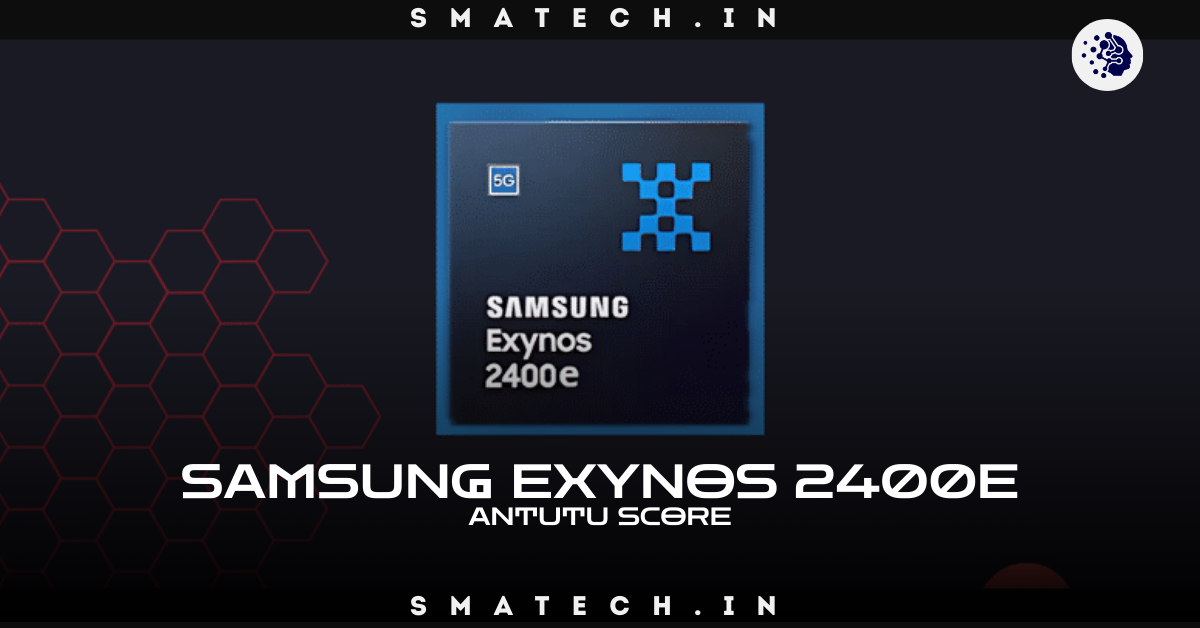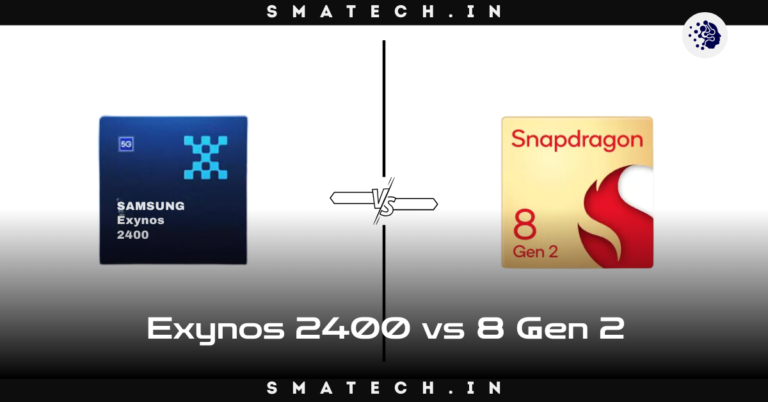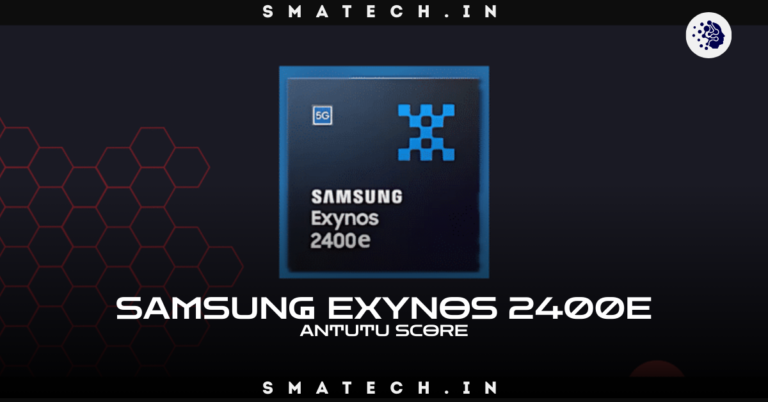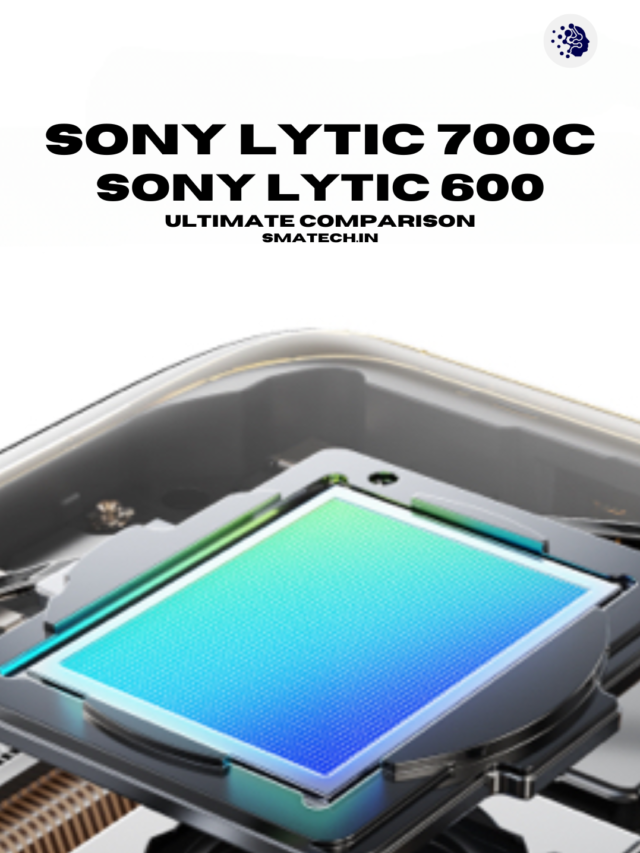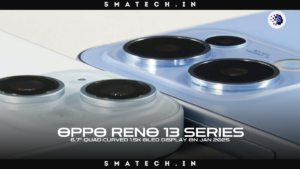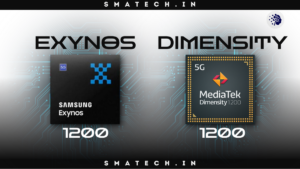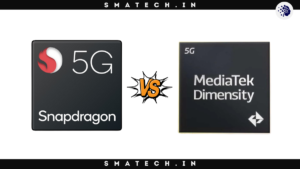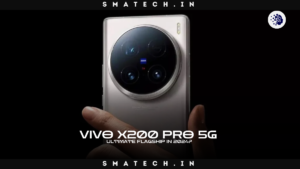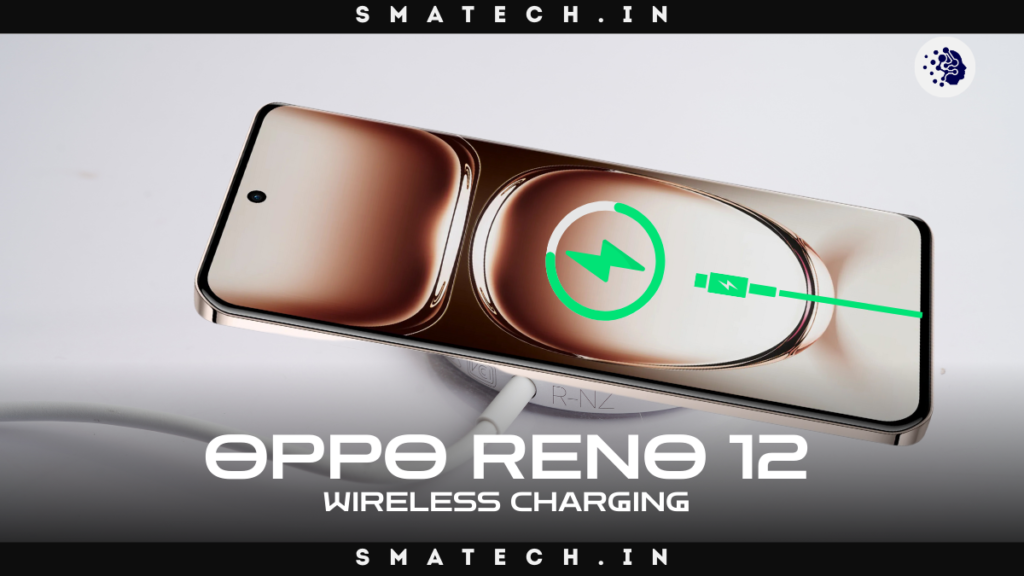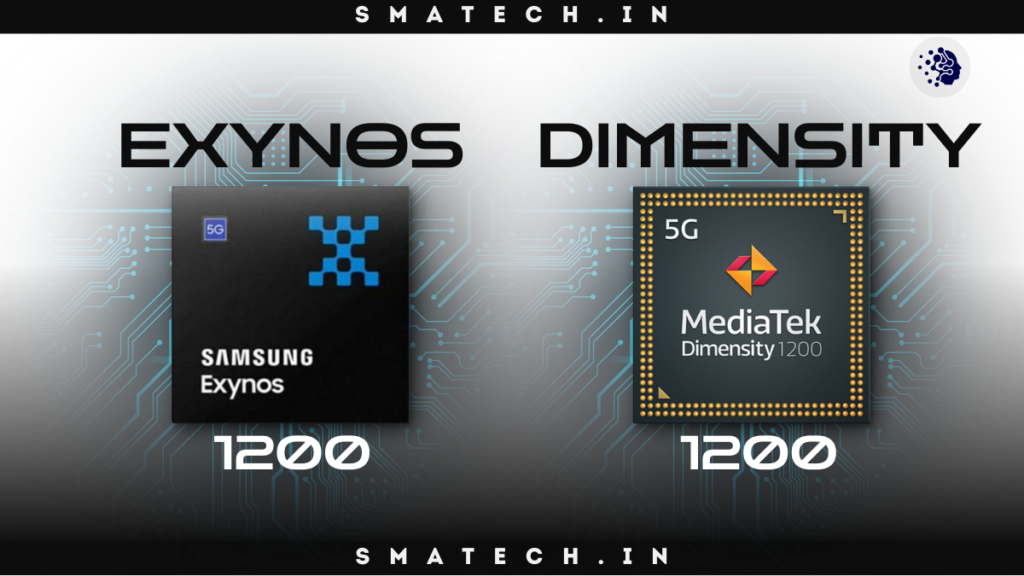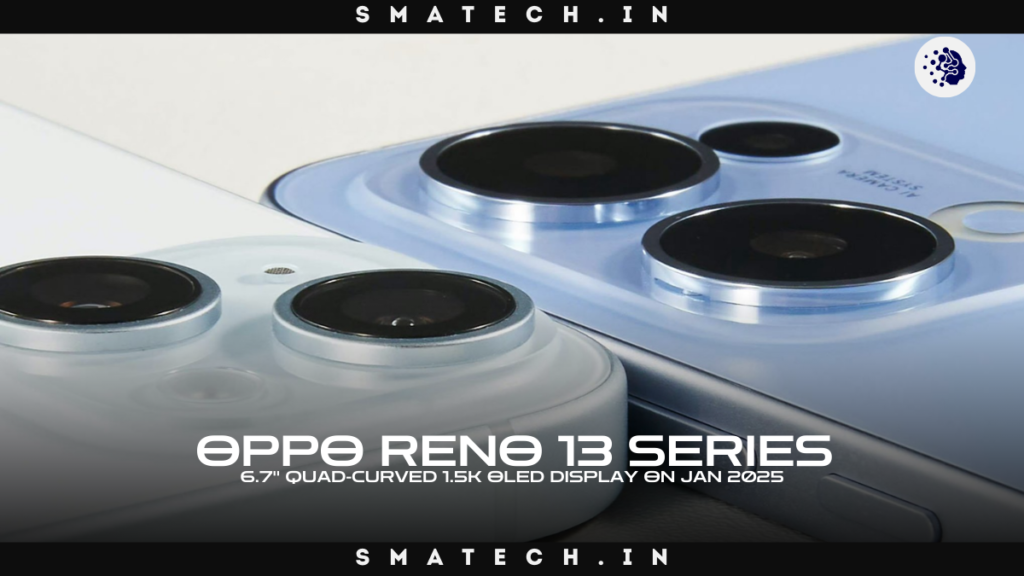With the introduction of the Exynos 2400e, a potent midrange processor with remarkable efficiency and performance metrics, Samsung has continued to push the limits of mobile chipsets. The Exynos 2400e, which powers the Samsung Galaxy S24 FE, promises to provide excellent performance without sacrificing power efficiency. The Samsung Exynos 2400e Antutu score will be carefully examined in this post, along with a comparison of its performance against a number of rival chipsets and benchmarks.
Exynos 2400e: A Snapshot of Key Specifications
Because it is based on a 4nm technology node, the Exynos 2400e is incredibly compact and efficient. With its 10-core configuration, this CPU can manage everything from routine multitasking to more complex usage like gaming and AI-powered workloads. Below is a summary of the Exynos 2400e‘s primary specifications:
| Specification | Details |
|---|---|
| CPU | 10 cores (1x Cortex-X4 at 3.11 GHz, 2x Cortex-A720 at 2.9 GHz, 3x Cortex-A720 at 2.6 GHz, 4x Cortex-A520 at 1.95 GHz) |
| GPU | Samsung Xclipse 940 (RDNA3 architecture) |
| Memory | LPDDR5x at 4.2 GHz |
| Process | 4nm |
| 5G Modem | Exynos 5300 |
| Display | 3840 x 2400 resolution, FHD |
| AI Capabilities | Dedicated Neural Co-Processor |
These features together show that the Exynos 2400e is a powerful device that can handle the demands of modern mobile devices, including multitasking and gaming, while effectively controlling power consumption.
Samsung Exynos 2400e Antutu Score: Benchmarking the Power
The AnTuTu score is one of the most important measures for evaluating a chipset’s overall performance. With an Exynos 2400e Antutu score, this processor falls into the upper midrange mobile chipset category. According to the Samsung Galaxy S24 FE test results, the Exynos 2400e achieved a remarkable 13,15,145 score on AnTuTu.
AnTuTu Breakdown:
| Category | Score |
|---|---|
| CPU | 3,49,117 |
| GPU | 4,50,106 |
| Memory | 2,38,207 |
| UX | 2,77,715 |
These figures show how well the Exynos 2400e balances user experience (UX), graphics rendering (GPU), and computational capability (CPU). The GPU score of 4,50,106 in particular is noteworthy and indicates that this processor is well-suited for multimedia and high-performance gaming workloads.
Exynos 2400e vs Snapdragon 8 Gen 3
By contrasting Qualcomm’s Snapdragon 8 Gen 3 with the Exynos 2400e, we can observe how the two chipsets focus on distinct performance facets. The Exynos 2400e provides better efficiency in multicore activities, but the Snapdragon 8 Gen 3 has a minor advantage in single-core CPU performance. The Snapdragon 8 Gen 3 may slightly surpass the Exynos 2400e in terms of GPU performance, but the Exynos 2400e’s 4nm process guarantees that power efficiency is given priority without compromising overall gaming performance.
Related Post
Exynos 2400e Geekbench Scores: A Closer Look at CPU Performance
The CPU efficiency of a chipset is demonstrated by the Geekbench benchmark tests for both single-core and multi-core tasks. The following are the Exynos 2400e Geekbench scores:
| Test | Score |
|---|---|
| Single-core | 1,625 |
| Multi-core | 5,698 |


The multi-core score of 5,698 demonstrates the processor’s capacity to manage demanding programs like video editing, multitasking, and gaming, while the **single-core score of *1,625* shows good performance for simple activities. Samsung Exynos 2400e Antutu Score.

Exynos 2400e vs Apple A17 Bionic
In comparison to Apple’s A17 Bionic, the Exynos 2400e exhibits superior multi-core processing capabilities. As is common with Apple CPUs, the A17 Bionic does lead in single-core performance. Nevertheless, the Exynos 2400e’s multi-core score makes it a great choice for consumers who need powerful multitasking without sacrificing battery life. Samsung Exynos 2400e Antutu Score.
Efficiency and Thermal Management
The Exynos 2400e‘s emphasis on power efficiency is one of its distinguishing characteristics. The dynamic CPU core architecture and 4nm technology node allow the Exynos 2400e to provide great performance with low power consumption. Samsung’s sophisticated thermal management system enhances this efficiency even more by keeping the device cool even during prolonged gaming or multitasking sessions. Samsung Exynos 2400e Antutu Score.
Exynos 2400e vs MediaTek Dimensity 9400
The Exynos 2400e performs better than the MediaTek Dimensity 9400 in terms of efficiency. The Exynos 2400e offers improved thermal management and optimised energy usage, even though the Dimensity 9400 also uses a 4nm technology. For consumers who value both performance and battery life, this makes it a compelling option. Samsung Exynos 2400e Antutu Score.
Gaming Capabilities: The Best Chipset for Mobile Gaming 2024?
A crucial part of the Exynos 2400e is the Samsung Xclipse 940 GPU, which is based on AMD’s RDNA3 architecture. Its ability to support sophisticated gaming APIs such as Vulkan 1.3 and DirectX 12 enables it to provide fluid gameplay at high frame rates, even in games with complex graphics. Because of this, the Exynos 2400e is among the top chipsets for 2024 mobile gaming. Samsung Exynos 2400e Antutu Score.
Exynos 2400e vs Exynos 2400 GPU Performance
Although the architectures of the Exynos 2400 and Exynos 2400e are comparable, the Exynos 2400 performs marginally better, mostly because of its faster clock rates and more powerful GPU. However, the Exynos 2400e’s GPU provides more than enough capability to easily run today’s best mobile games on mid-range handsets like the Samsung Galaxy S24 FE. Samsung Exynos 2400e Antutu Score.
AI and Multitasking Capabilities
A specialised neural co-processor included into the Exynos 2400e improves the phone’s performance on AI-driven activities including voice recognition, real-time language translation, and photo enhancement. The chipset’s 10-core CPU configuration and exceptional multitasking capabilities make it a great option for users who often move between apps or run many apps at once. Samsung Exynos 2400e Antutu Score.
Exynos 2400e vs Snapdragon 7 Gen 3
The Exynos 2400e has a considerable edge in AI processing and multitasking capabilities when compared to the Snapdragon 7 Gen 3. Better resource allocation is made possible by the Exynos 2400e, making the user experience more seamless and effective. Samsung Exynos 2400e Antutu Score.
Conclusion: A Strong Mid-Range Contender
An excellent midrange chipset that strikes a balance between performance, efficiency, and gaming potential is the Samsung Exynos 2400e. The Exynos 2400e is a strong contender for 2024, regardless of your needs for a powerful chipset for gaming, multitasking, or managing AI-driven chores. It is a chipset that can compete with rivals such as the Snapdragon 8 Gen 3, Apple A17 Bionic, and MediaTek Dimensity 9400 thanks to its remarkable Antutu score, superior heat management, and AI capabilities. Samsung Exynos 2400e Antutu Score.
FAQs About the Samsung Exynos 2400e
1. What is the AnTuTu score of the Samsung Exynos 2400e?
The AnTuTu score of 13,15,145 is attained by the Samsung Exynos 2400e. Its overall performance across CPU, GPU, memory, and user experience (UX) is reflected in this score, which makes it a potent chipset for mid-range handsets such as the Galaxy S24 FE.
2. How does the Exynos 2400e compare to the Snapdragon 8 Gen 3?
With its exceptional efficiency and multi-core performance, the Exynos 2400e is a great choice for gaming and multitasking. In single-core activities, the Snapdragon 8 Gen 3 might perform somewhat better than the Exynos 2400e, but for gaming and multimedia tasks, the Exynos 2400e leads in power efficiency and provides powerful GPU performance.
3. Is the Exynos 2400e good for mobile gaming?
Indeed, the Samsung Xclipse 940 GPU, which is based on AMD’s RDNA3 architecture, makes the Exynos 2400e a very capable gaming device. Even in demanding games, it provides fluid performance and high frame rates thanks to its compatibility for cutting-edge gaming APIs like Vulkan 1.3 and DirectX 12.
4. What is the difference between the Exynos 2400 and the Exynos 2400e?
Although the designs of the two chipsets are comparable, the flagship Exynos 2400 processor performs marginally better because to increased clock rates and improved GPU capabilities. In contrast, the Exynos 2400e is designed for mid-range devices and provides excellent performance and efficiency at a cheaper price.
5. How does the Exynos 2400e handle multitasking and AI applications?
With its 10-core CPU setup and specialised neural co-processor for AI-driven activities, the Exynos 2400e excels at multitasking. This enables the chipset to effectively manage activities like voice recognition, photo enhancement, and real-time translation while supporting numerous programs at once.

